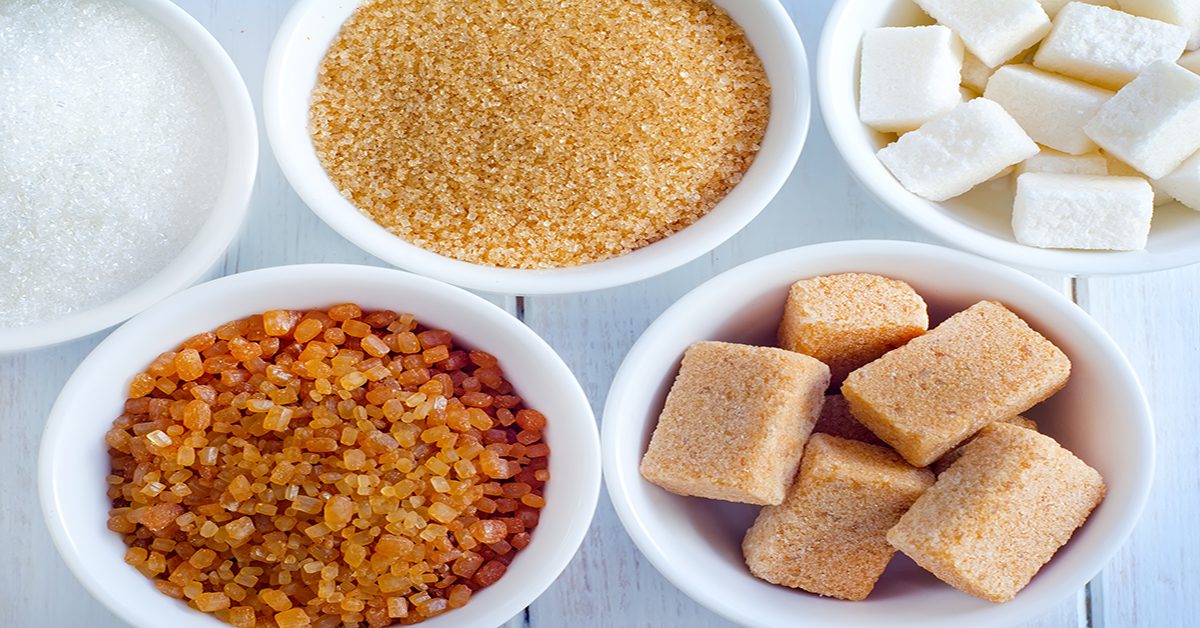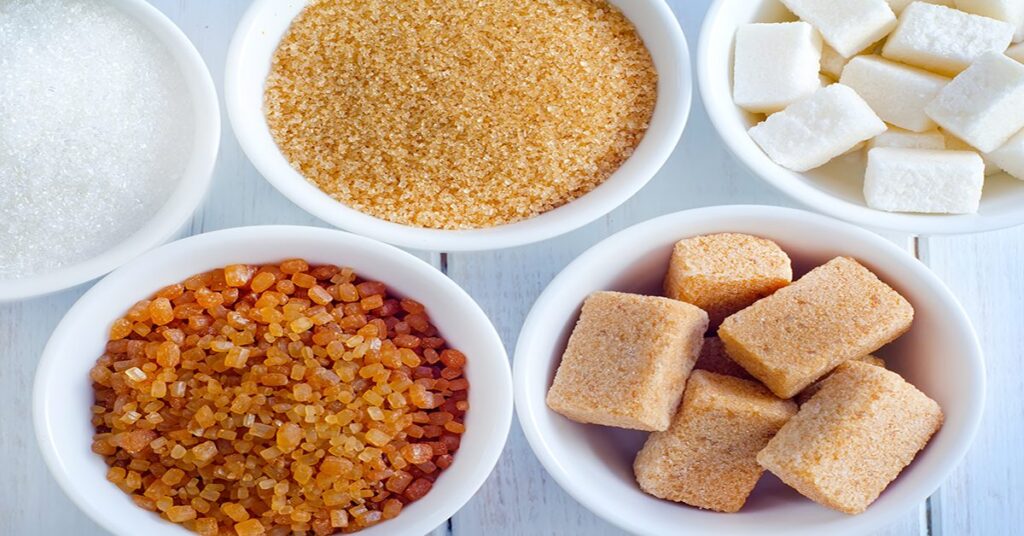Is Sugar a Psychoactive Drug?
Sugar is one of the most addictive substances on the planet, it can make you feel good. Does this mean it is a psychoactive drug?
Imagine a drug out there that can intoxicate and fuel you with energy and simply be swallowed. It does not need to be smoked, injected, or snorted for you to reap the benefits and feels its effects. It can work in any situation and make food and drinks taste better. The best part about it is that it is completely legal and is not really all that frowned upon. Sugar is a substance that is found in nearly every food and beverage item available. It occurs both naturally and artificially. Still though, while sugar tastes amazing and makes you feel amazing, too much sugar and too often can put your brain into overdrive.
Sugar occurs naturally in all foods containing carbohydrates, including fruit, dairy, grains, and even vegetables. Natural sugars like agave or honey will taste sweeter but will also contain more calories than artificially made sugar.

So, Is it Psychoactive?
What makes a substance psychoactive is its ability to alter a person’s mental and physical state because it affects your central nervous system. The changes to your central nervous system will result in changes to your mood, cognition, perception, behavior, and consciousness.
So, is sugar psychoactive? Yes, it is. It makes you feel good. Sugar is potentially one of the most addictive substances on the planet. Have you ever thought about why people binge on high sugar or high carb foods when they have a bad day? Or why do we consume or drink sugar in high amounts to celebrate? That is because it makes you feel good. It alters your mood in such a way that everything is more pleasurable, or maybe just more manageable. You would not see people drooling over a piece of cake or a big bowl of pasta if it was not filled to the brim with sugar.
What Sugar Does to Your Brain?
Our brains are wired to seek out pleasurable things and avoid any pain. So, it is most simple reasoning; it is a survival mechanism to ensure we do things for the best chance for our survival, such as eating.
Sugar stimulates the reward circuits within our brains. So when sugar is eaten or drank and triggers feelings of joy, it is interpreted by our brain as something that is now essential for our survival and should now be repeated. While sugar is not actually necessary for our survival, it still triggers a release of dopamine that causes us to turn the act into a learned behavior before you become dependent upon it.
Many brain scan studies show similarities in the brains of people who are obese and people who abuse drugs and alcohol. So the potential for sugar to be habit-forming and addictive is always there.
The Most Common Withdrawal Symptoms of Sugar
Believe it or not, you can actually experience some pretty nasty sugar withdrawal symptoms. Have you ever wondered why a child who ate a piece of cake recently is not throwing a tantrum on the floor? This probably has less to do with any behavioral issues and much more to do with them coming down from a sugar high. The same is true with adults.
The most common symptoms of a sugar withdrawal include intense cravings for sweet food and drinks, intense cravings for food with a lot of carbs, irritability, a depressed mood, and mood swings. A lot of times, these symptoms can become unbearable. Just like with any drug, you may eat the sugar again just to make these symptoms go away.
Get Help For Addictive Substances at Evoke Waltham
As with most anything in life, sugar is not terrible in moderation. However, knowing how much sugar actually has an effect, and even hold, on your life, may help you make a decision to cut your sugar intake. To learn more contact Evoke Waltham, one of our addiction specialists will gladly answer any of your questions, regarding sugar or other addictive substances.


